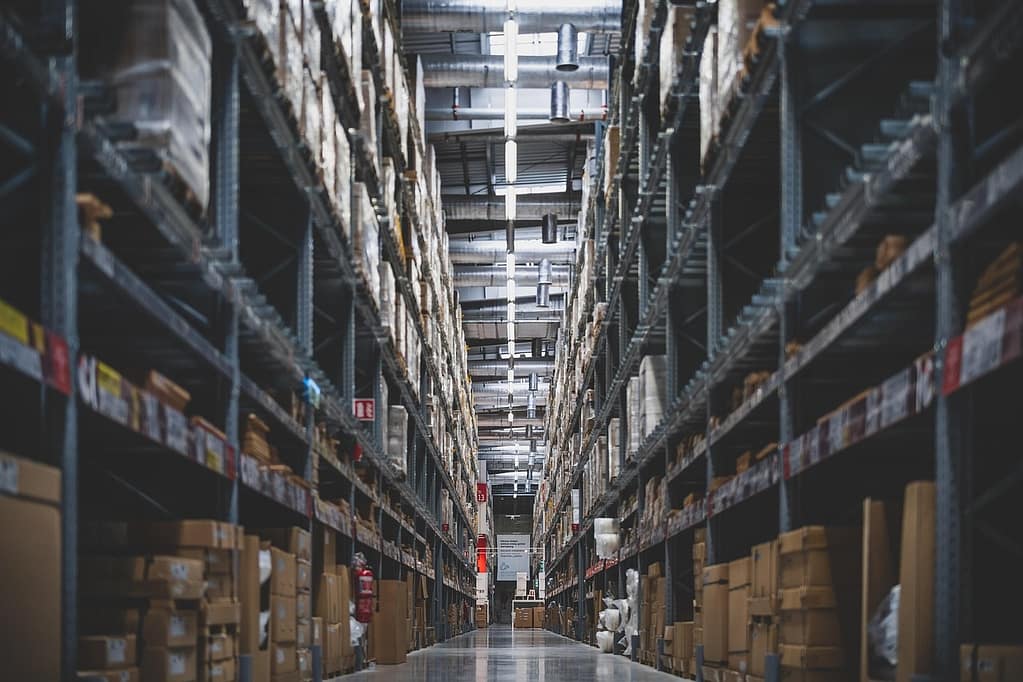Consumer Product Testing
It is not uncommon for consumer products (i.e., books, clothing, decorations, furniture, etc.) being imported from countries that manufacture them to have mold contamination issues, especially if the country has warm temperatures and high relative humidity for most of the year. If relative humidity is not controlled during the manufacturing and packaging process, the moisture in the air can get trapped under the packing material (i.e., bubble wrap or cellophane) and this moisture has potental to condense on the product surface when temperatures decrease whether it be during transit on a cargo ship or storage in a warehouse. Any fungal spore that may have been on product surface has potential to germinate and grow and form a colony after condensation takes place to tarnish the product’s appearance.
The above scenereo can end up being costly to the distributor/retailer, even more so if the fungal contamination is found to be impacting most product packages just before they are to go onto the shelves for sale. All or significant amount of product may be beyond cleaning and is not savagable, and needs to be trashed. Hence, there is less or no product to sell in the appropriate time frame. Time for survey inspection (risk/benefit analyses), cleaning or disposing or reordering, and potential health hazard liability and litigation all take time and money to address.
If suspect mold contamination exists in any consumer product, the Consumer Product Safety Commission needs to be notified so they can alert the public of the issue and ensure the problem is resolved. Mycologic Consulting is very experienced in Consumer Product Testing. We can come out to inspect and survey your packages and generate a report that may involve microscopic analyses for fungal identification and explain how extensive the mold contamination is if it exists, and make recommendations as to what you should do.



